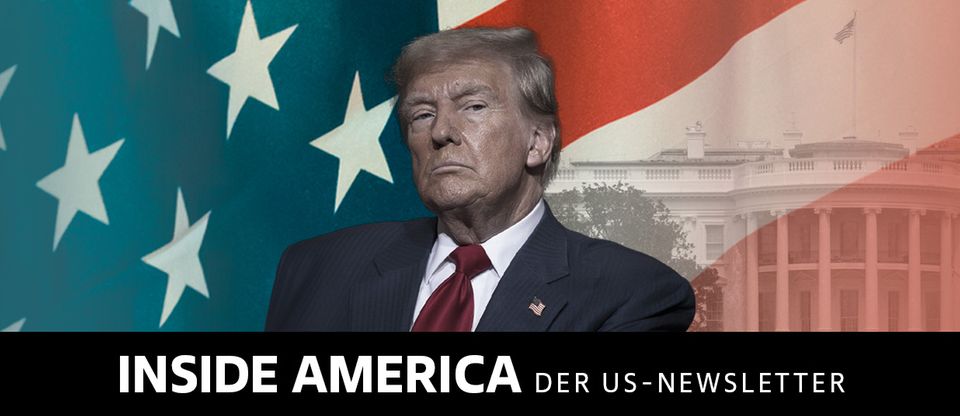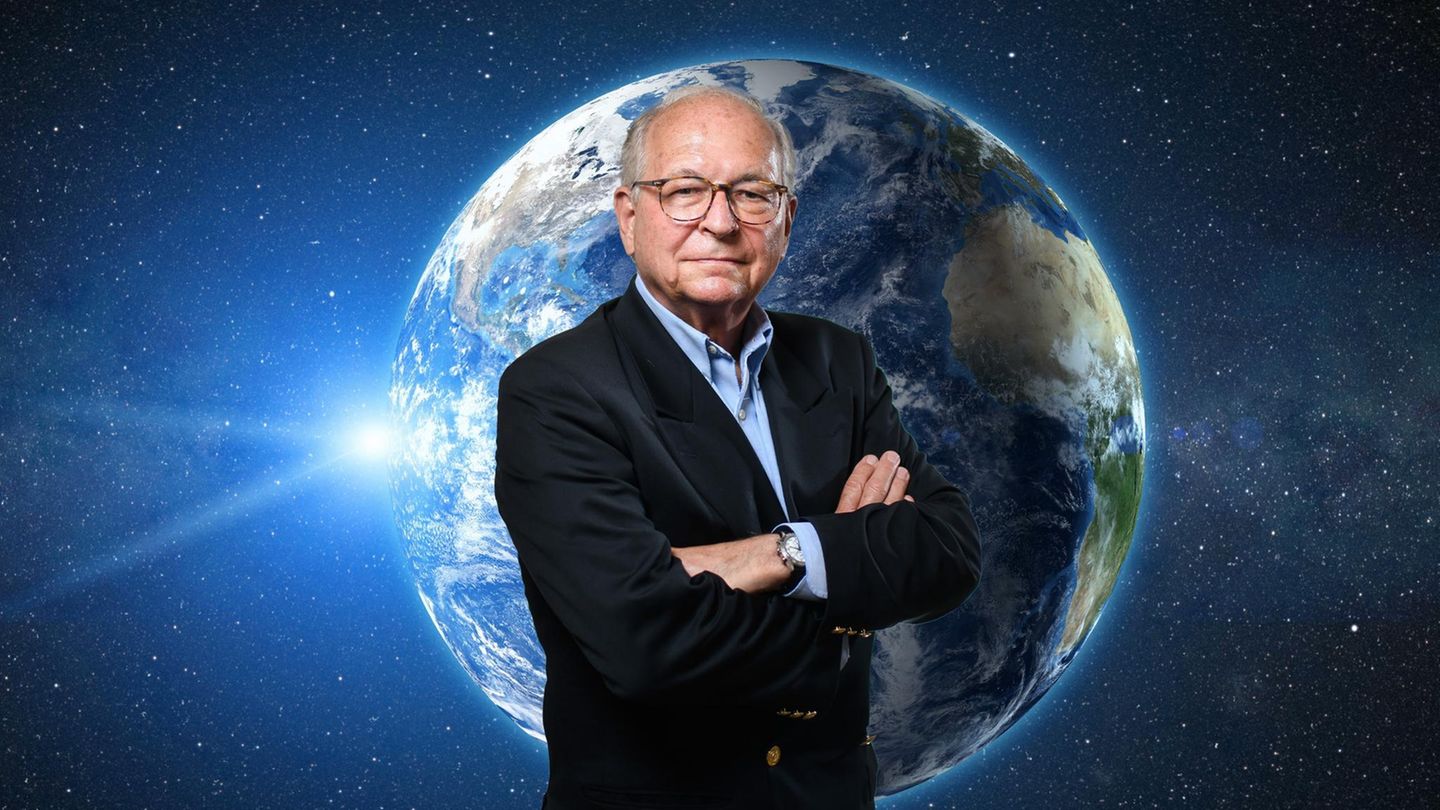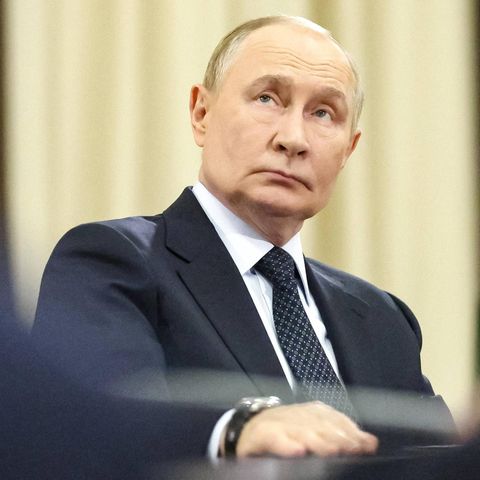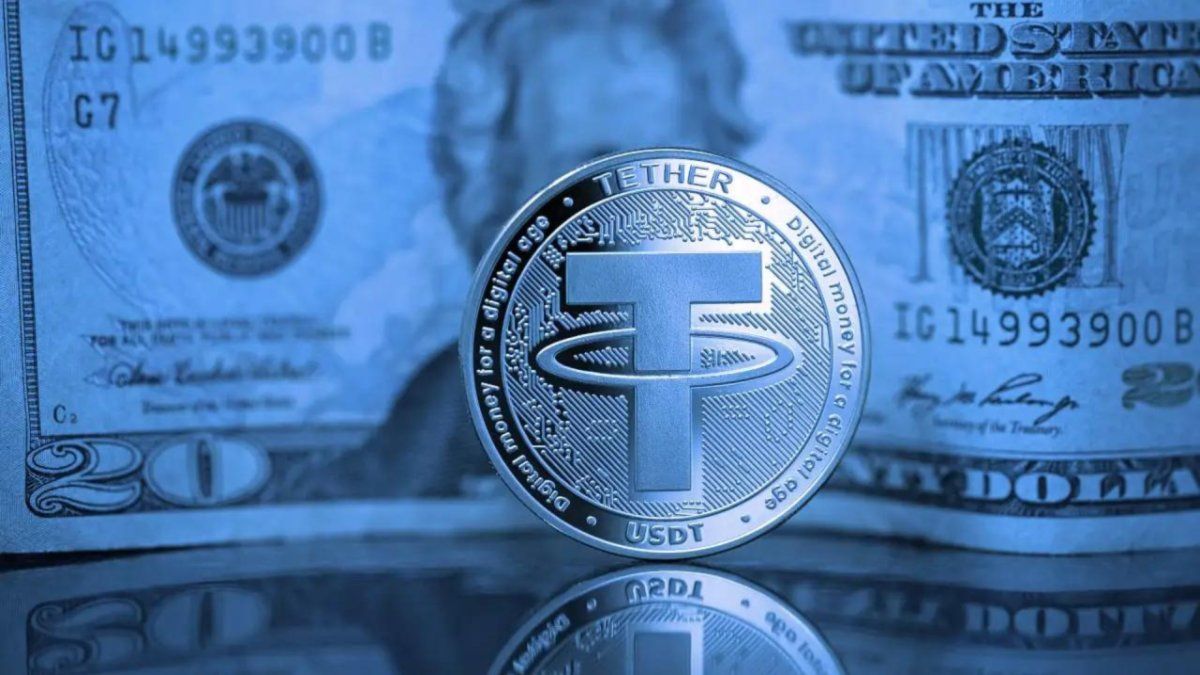Ischinger’s world
“You have to say without envy: Trump has achieved his goals”
Copy the current link
Add to watchlist
Wolfgang Ischinger is one of the most experienced German diplomats. For the star he looks behind the facades: How is Europe heard in the Kremlin – and what does Trump do better?
Mr. Ischinger. What surprised you this week?
There was a pleasant strategic surprise this week that I would not have expected: After all the US President’s pro-Russia and pro-Ukraine back and forth over the last nine months, the US is now imposing sanctions against Russia for the first time – that’s a first. After the American President’s statements in the previous days, in which I was concerned that he had once again fallen victim to Russian suggestions, I was very pleased.
Four weeks ago, Trump posted on Truth Social, If not more, a few days ago he told Zelensky behind closed doors that he should give in, otherwise Russia would destroy Ukraine. Let’s be honest: Are we dealing with a US president who is as easy to influence as a small child?
There is more to it than naivety. One of this president’s working principles is to keep the negotiator on his toes, so to speak, to make him feel like he doesn’t know what Trump is going to do in the next five minutes. I suspect that this principle of unsettling the opponent through constantly changing positioning could also have been a recipe for success in his real estate career. He leaves everyone, including his NATO allies, uncertain about whether he is happy with the decisions made about more armaments, whether he is prepared to deliver tomahawks or perhaps not. So: the principle of success is uncertainty.
To person
Wolfgang Ischinger was Ambassador of the Federal Republic of Germany to the USA from 2001 to 2006, and then to Great Britain from 2006 to 2008. He then took over the leadership of the Munich Security Conference, which he still leads today
Although Trump He also faced bankruptcy several times in his real estate career…
That’s correct. But like so many things in life, it’s the result that counts. And that is: He survived with his real estate career and used his side job as a television star to become politically famous – and now we have him as president. One has to say without envy: he achieved his goals. Albeit with methods that perhaps not all classically trained diplomats like me can simply swallow.
Completely in the spirit of Helmut Kohl: What matters is what comes out the back…
Just as.
Related: Did Trump make the right decision by canceling his summit with Putin in Budapest?
In principle, talking is always better than not talking. But if you know from the outset that this will only lead to hardening because the other side is not willing to give in, then rejection is a wise decision. And when Budapest was named as the meeting point, I didn’t feel much joy: I am a great friend of the city of Budapest, but the Budapest Memorandum is reminiscent of times when Russia, the USA and others gave Ukraine 31 security guarantees par excellence – which unfortunately turned out to be null and void in 2014.
Do you have the feeling that something is currently happening behind the scenes – secret meetings, exploring compromise solutions?
I don’t see these signs on the Russian side yet. But actually the individual elements of a ceasefire and peace solution are on the table. We actually have a bilateral conflict here that would be so difficult to calm down. And I think it’s positive that European heads of government are now adopting the principle that freezing the contact line would be a starting point for further negotiations. This defines the starting position. If Putin were to show that he actually sees that a ceasefire cannot be achieved, that could be the start of a process.
But aren’t you making things too easy for yourself when you talk about a bilateral conflict? Since the beginning of this war, Russia has explicitly been concerned with larger geostrategic questions.
A ceasefire and agreements necessary to stabilize the ceasefire line, preliminary acknowledgment of the fact that certain parts of Ukraine are currently occupied by Russia – these are issues that must be negotiated primarily between Russia and Ukraine. But the whole thing will only work if it is embedded in a larger strategic solution. A fundamental understanding between Russia and the USA on this matter is therefore essential. It is difficult to imagine peace in Ukraine if the USA does not support and help shape it. From the Russian perspective, we Europeans are not legitimate negotiating partners, but rather just vassals of the USA. That’s why Russia doesn’t want to talk to us, but rather wants to talk directly to the hegemon. I think this is a wrong analysis by the Russian side, but that is their point of view.
What do you think of that? on Ukraine, which the Europeans are currently working out?
I am not a fan of publicly presented solutions unless they are the result of a contact group supported by all relevant parties. But they are not. Now we have a situation in which Donald Trump still believes he can bring about a solution through personal summit diplomacy. However, diplomatic prudence would advise moving from this method to broader-based diplomacy as early as possible. We have had this so-called Ramstein format, i.e. a coordination process for military support, for over three years. I wonder why this very successful round of voting cannot be transferred to the question of who will take on what role, in what time frame and with whom in stabilizing a possible ceasefire and peace solution.
And why doesn’t that exist?
Because the USA has so far tried its luck on its own under this president.

Would you like to know everything about US politics?
The starThe local team informs you every Saturday in the free “Inside America” newsletter about the most important developments and provides insights into how Americans really look at their country.
After entering your email address, you will receive an email confirming your registration.
Would more secret diplomacy, more “behind the scenes” make more sense than constant public announcements?
I think it would be desirable if the Europeans came up with certain plans, discussed them with the American side and then, if possible, presented them as a Western proposal to both the Ukraine and the Russian side. A purely European proposal will encourage the Russian side to dismiss this and create a transatlantic divide.
But is such a “unity of the West” conceivable?
It doesn’t work without them. For the coming weeks and months, the crucial point will be Western signaling to Moscow. We’re talking about Russian hybrid warfare here day and night. But we also have to think the other way around: what arrives in Moscow must be so strong that it deprives Putin of the courage to stick to his war goals. We have to buy Putin’s grit. The message must get through to him: We won’t let up. We will now send these 140 billion euros of Russian money to Ukraine. But here too I think it would be desirable that the result of such a European consultation is first discussed with Washington and then presented to Russia as a common line.
It all sounds pretty hopeful. Mr. Ischinger, were there anything else positive this week?
I can only repeat: For the first time in nine and a half months, we see a willingness on the part of the Americans to actually put material pressure on Moscow. With their tariffs, the Americans have put pressure on the whole world, including the Europeans, except Moscow. And that is changing now.
Source: Stern
I have been working in the news industry for over 6 years, first as a reporter and now as an editor. I have covered politics extensively, and my work has appeared in major newspapers and online news outlets around the world. In addition to my writing, I also contribute regularly to 24 Hours World.





